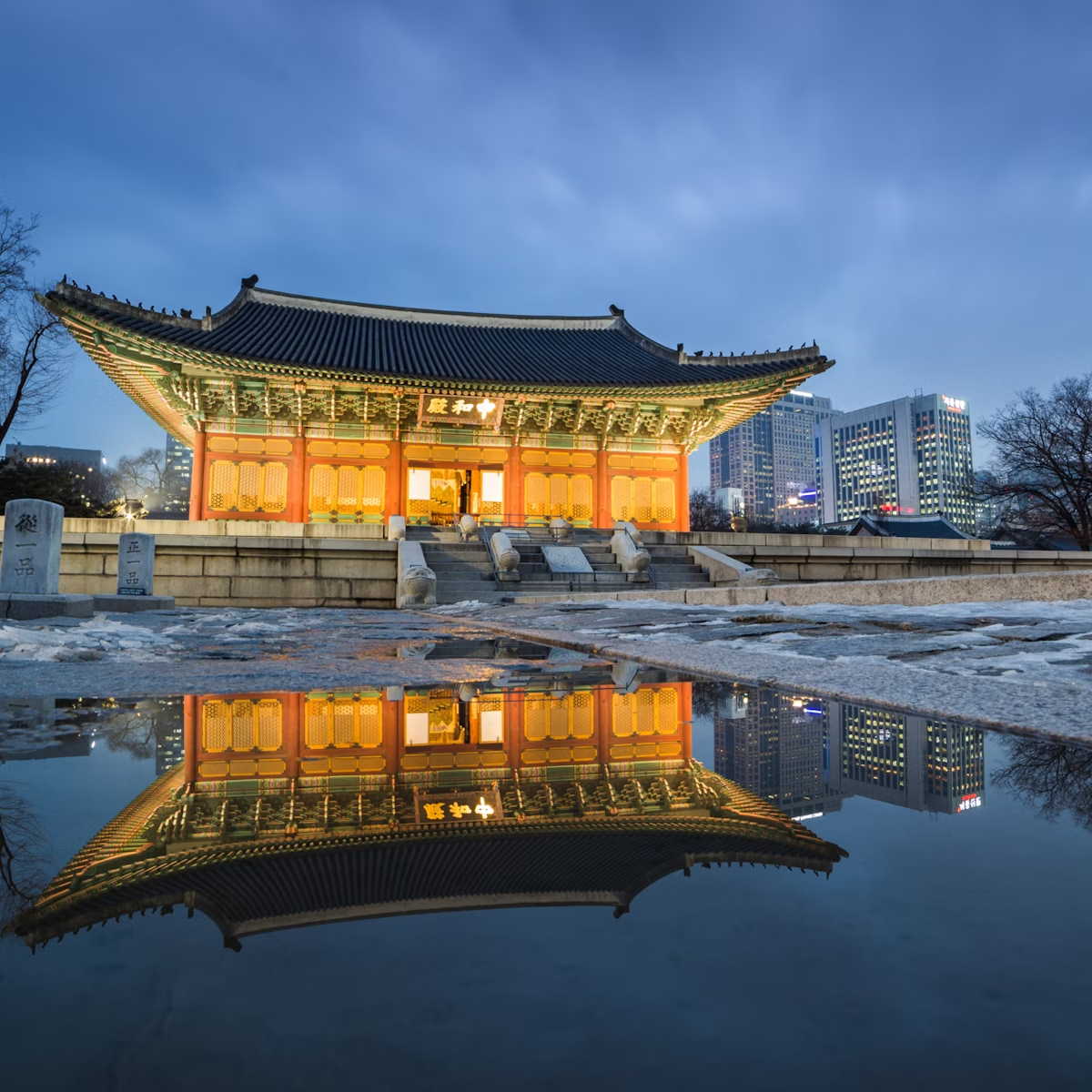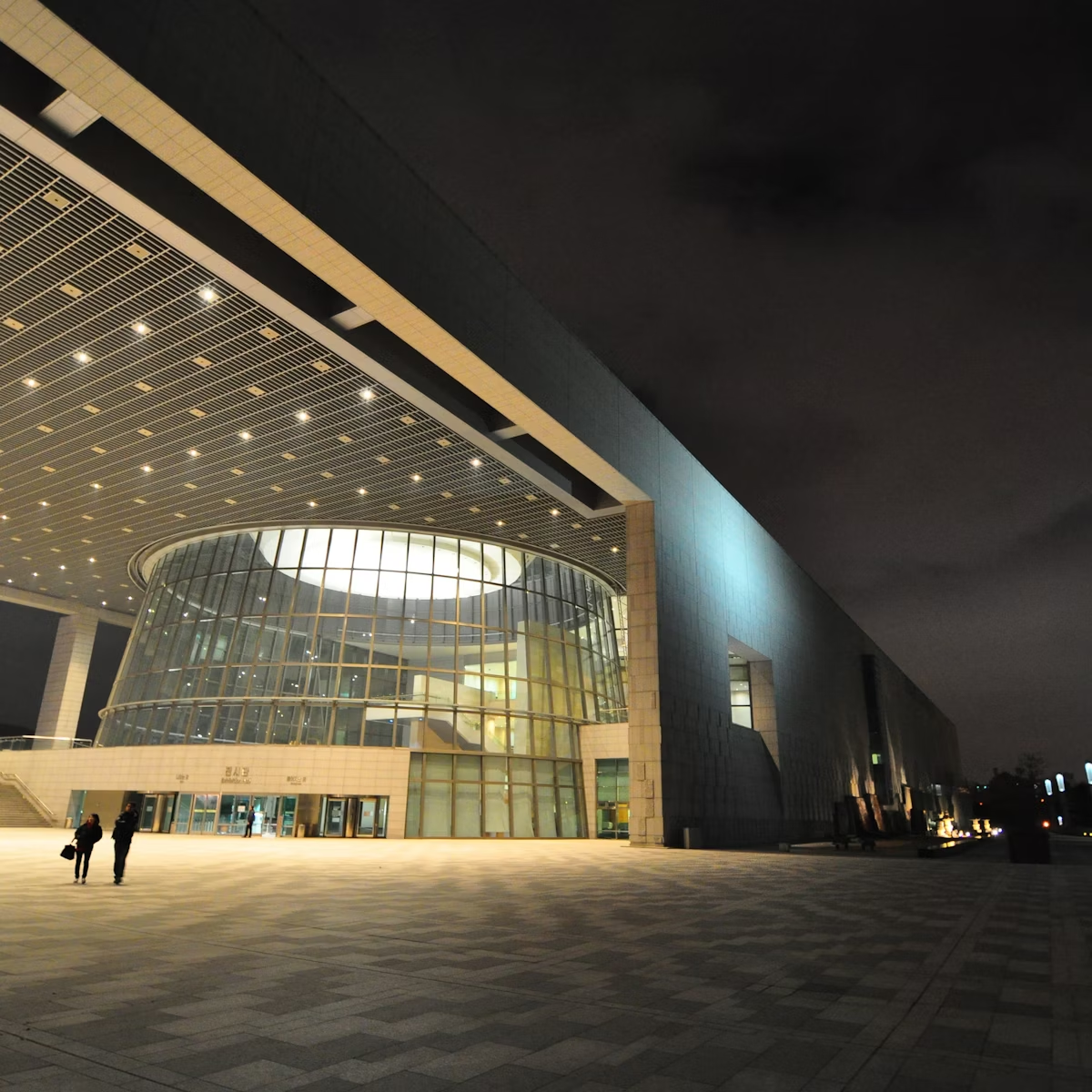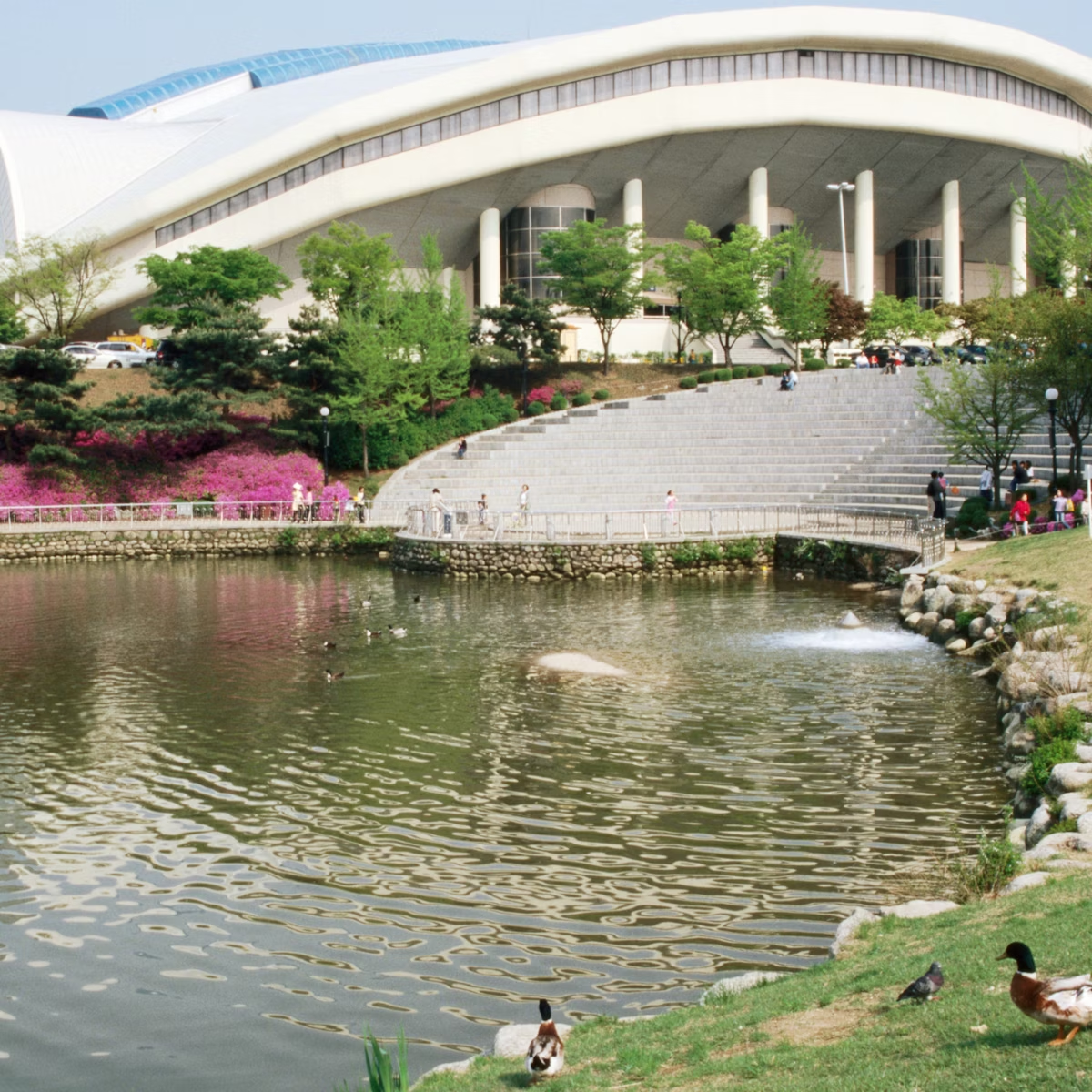This retirement home around 50km south-east of Seoul is still inhabited by a declining handful of women, now mostly in their 90s, who were forced to work in Japanese military brothels across Asia before and during WWII. The attached museum details their plight through testimonies, artworks and videos. 'Comfort women' is the euphemism coined by the Japanese military for these women, 70% of whom were Korean. Here, they prefer the respectful term halmoni, which means grandmother.
'We must record these things that were forced upon us.' These words by Kim Hak Soon, one of the first Korean halmoni to testify about her experiences, introduce the museum exhibition, which includes a display of artworks created by the halmoni that reflect their feelings and experiences. Video documentaries about the halmoni are screened here and discussions held about their plight and the ongoing sexual trafficking of women around the world. The overall picture painted by the guides of these frail, sometimes crotchety women is of pillars of strength who, after a lifetime of shame and sorrow, have chosen to spend their twilight years as campaigners for social justice.
A visit here is a heavy-going experience, but one not without a sense of hope – both at the resilience of the human spirit and the prospect for reconciliation. The greatest number of visitors to the House come from Japan and every year a Peace Road Programme brings Korean and Japanese students together to help further understanding of their countries’ painfully entwined histories and how they might be better neighbours in the future.
To get to the House of Sharing from central Seoul, take a train to Gwangju station then grab a taxi for the final 10km to the museum.
In-depth, English-language tours take place on the third Saturday of every month. Email ahead to reserve.







